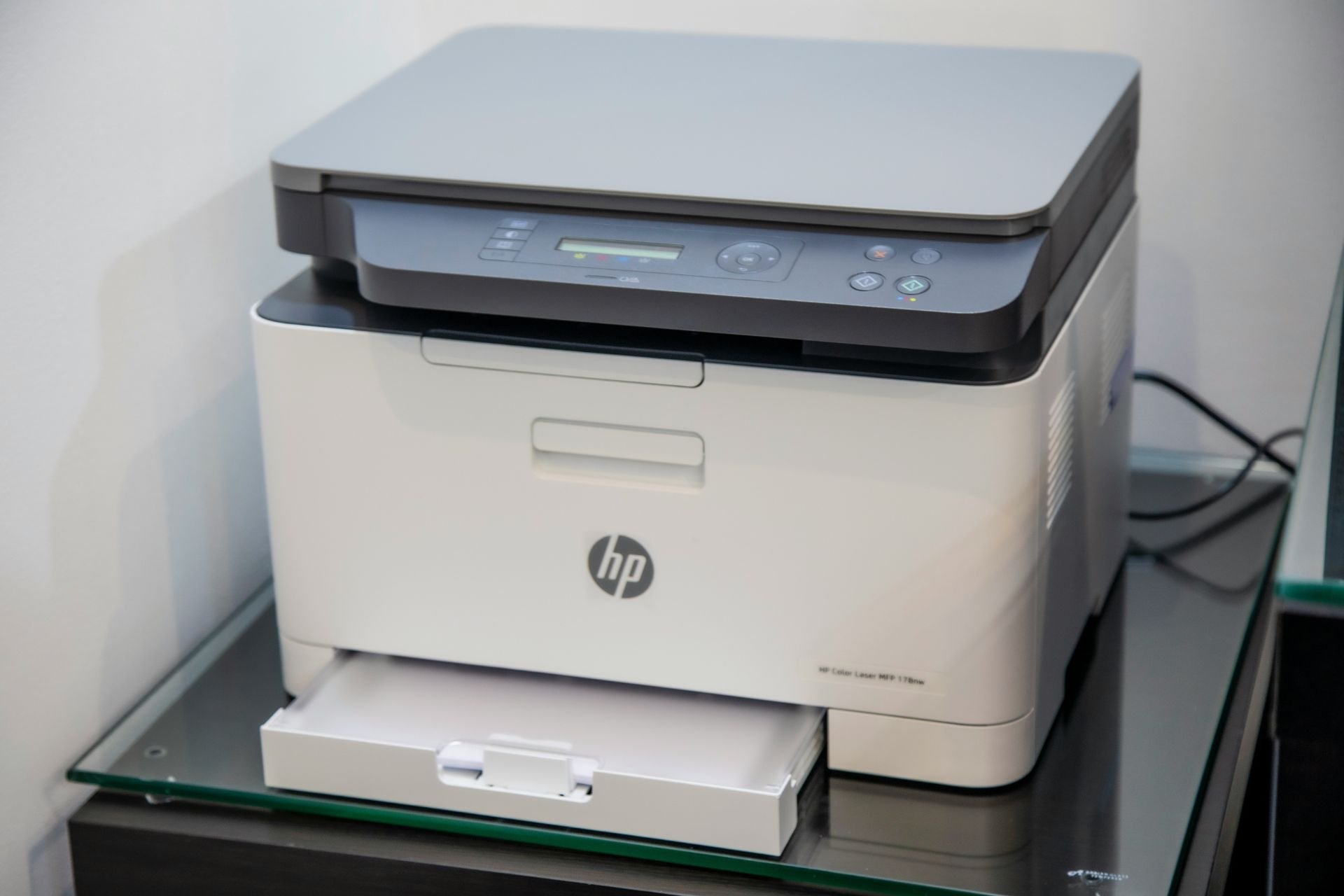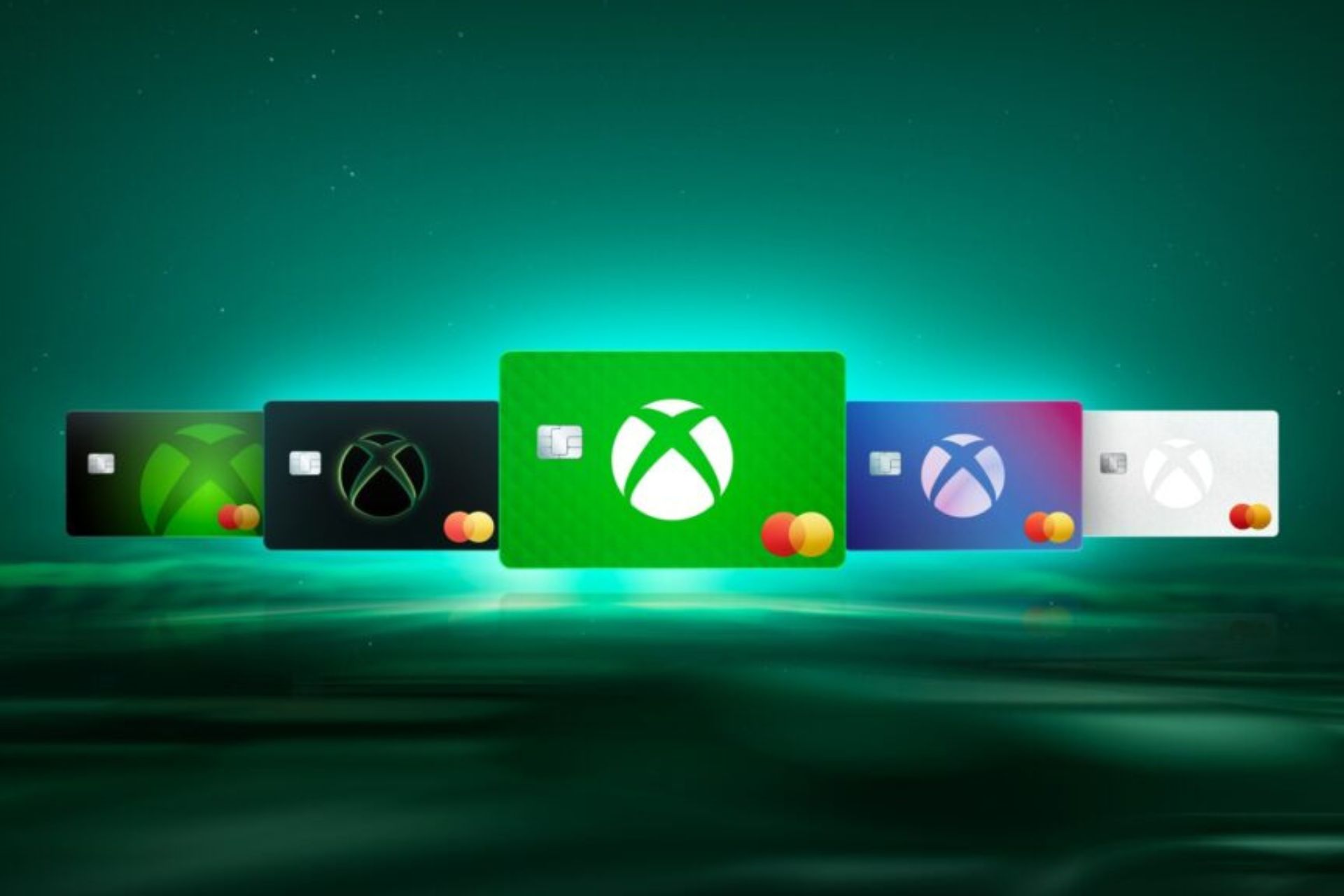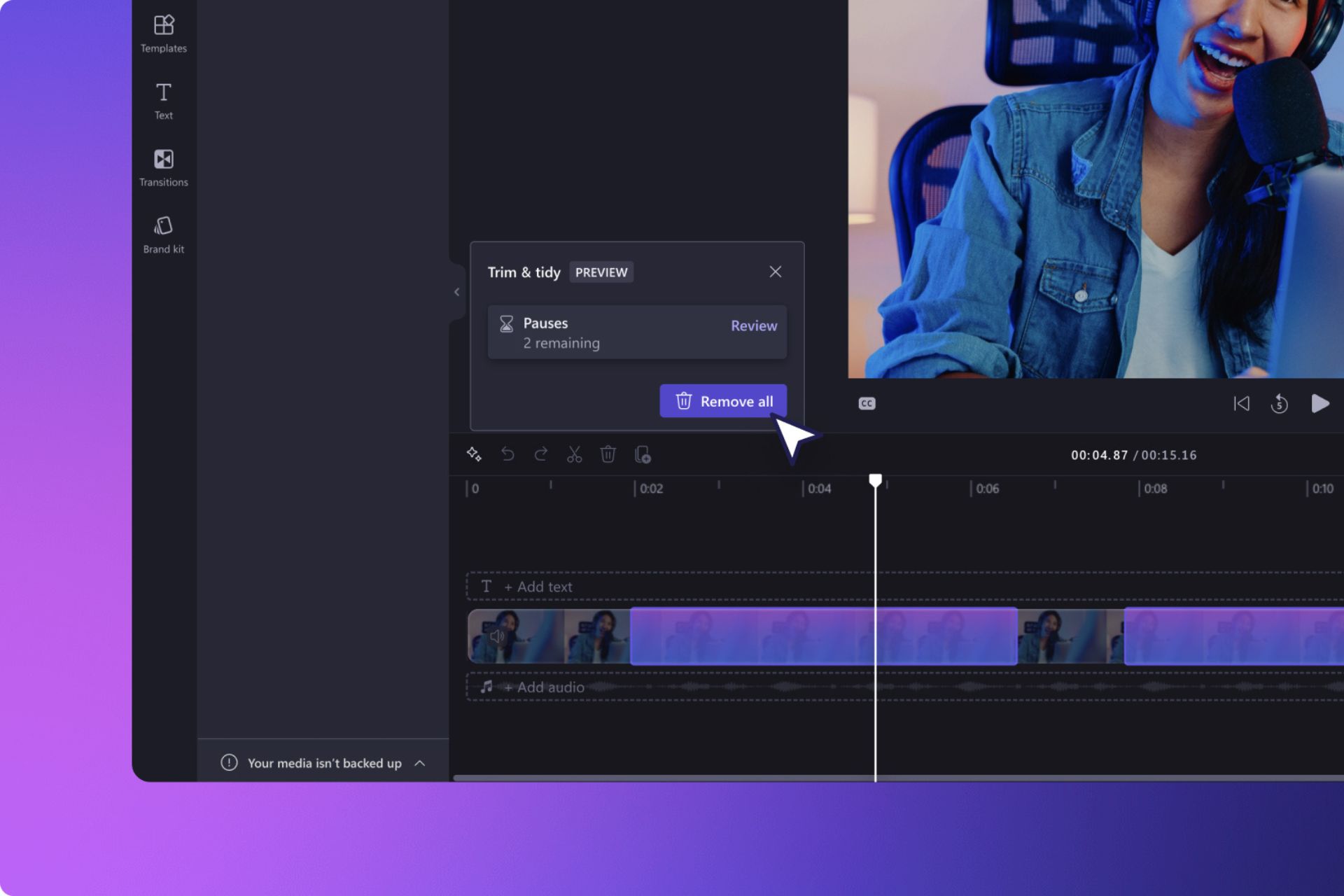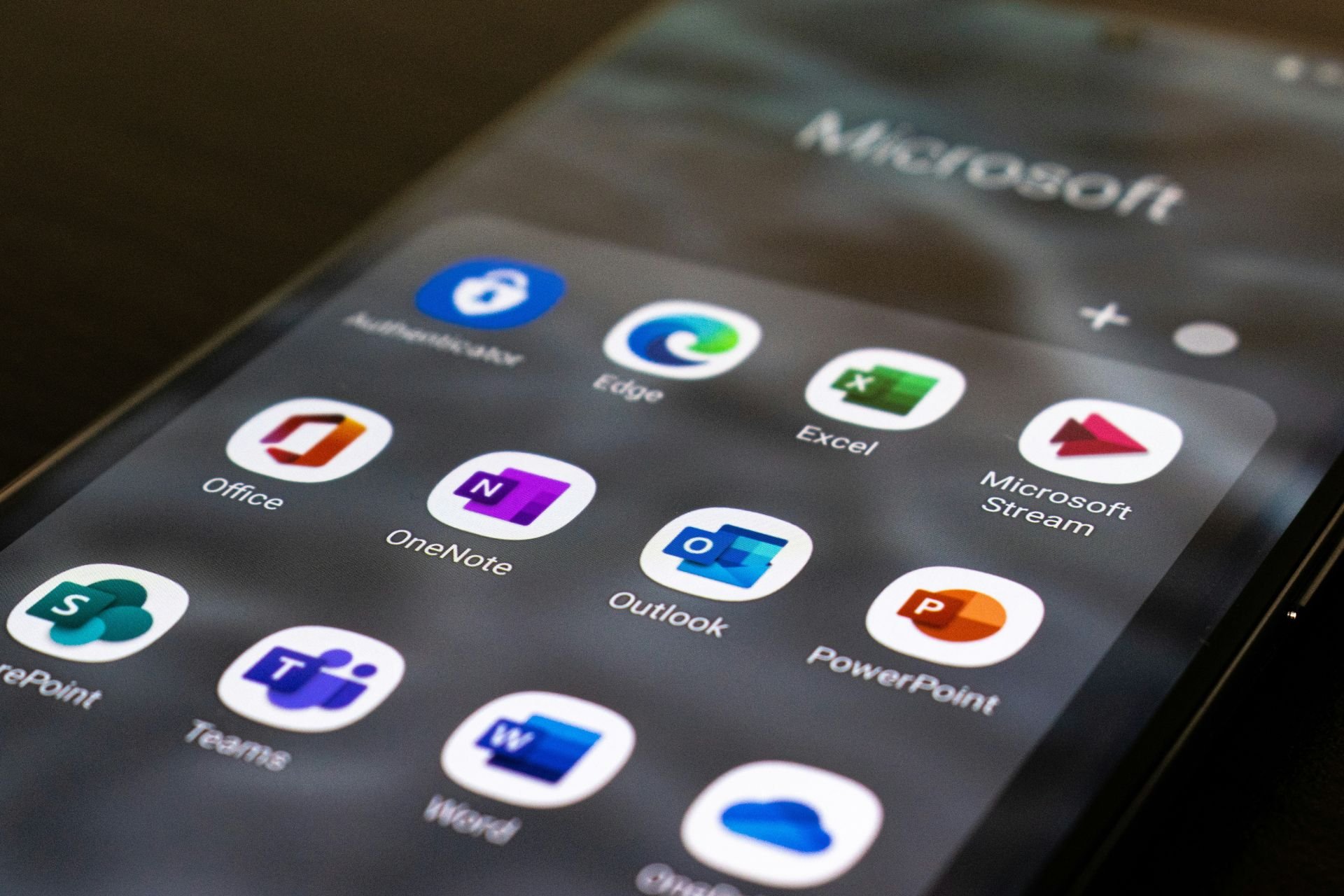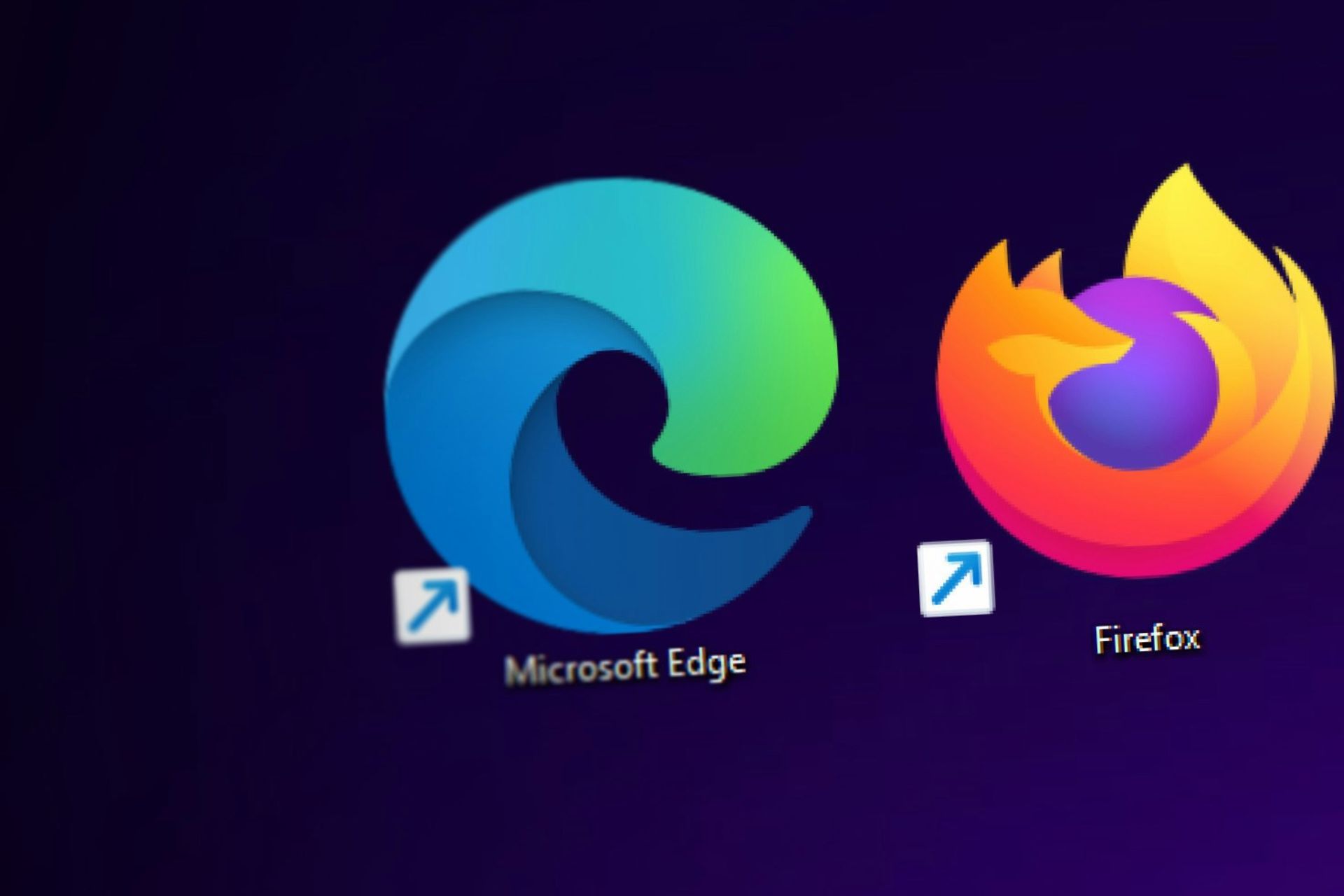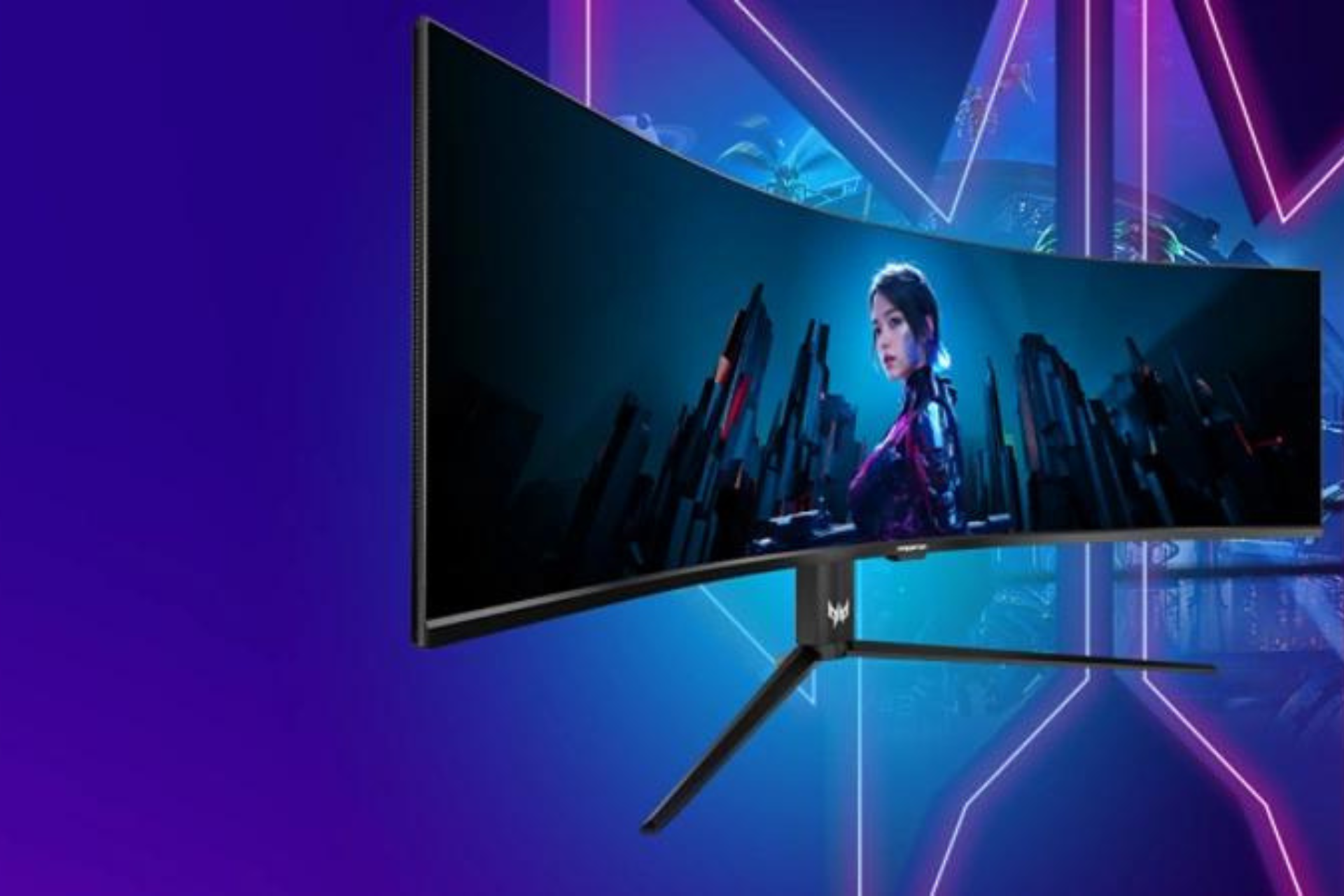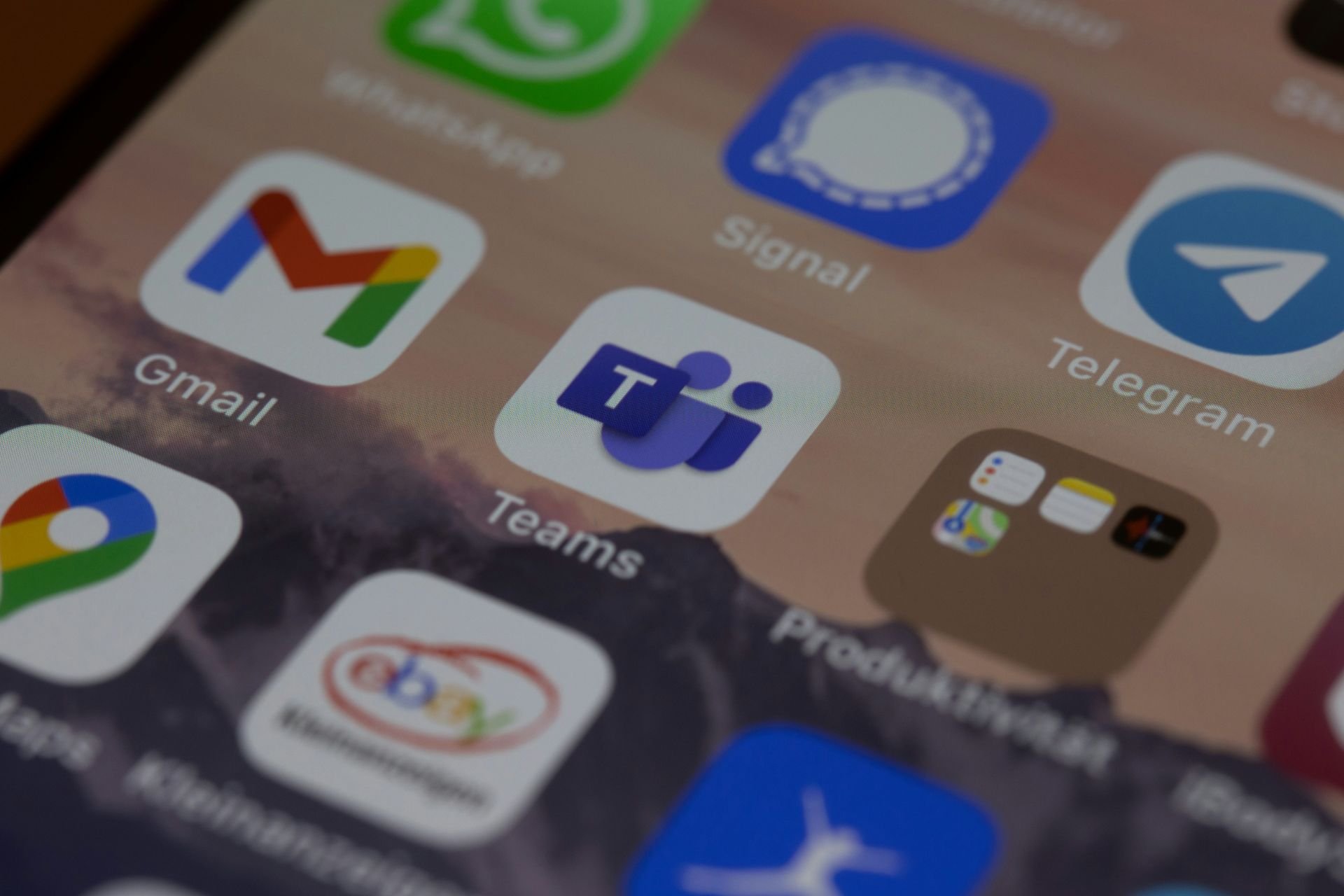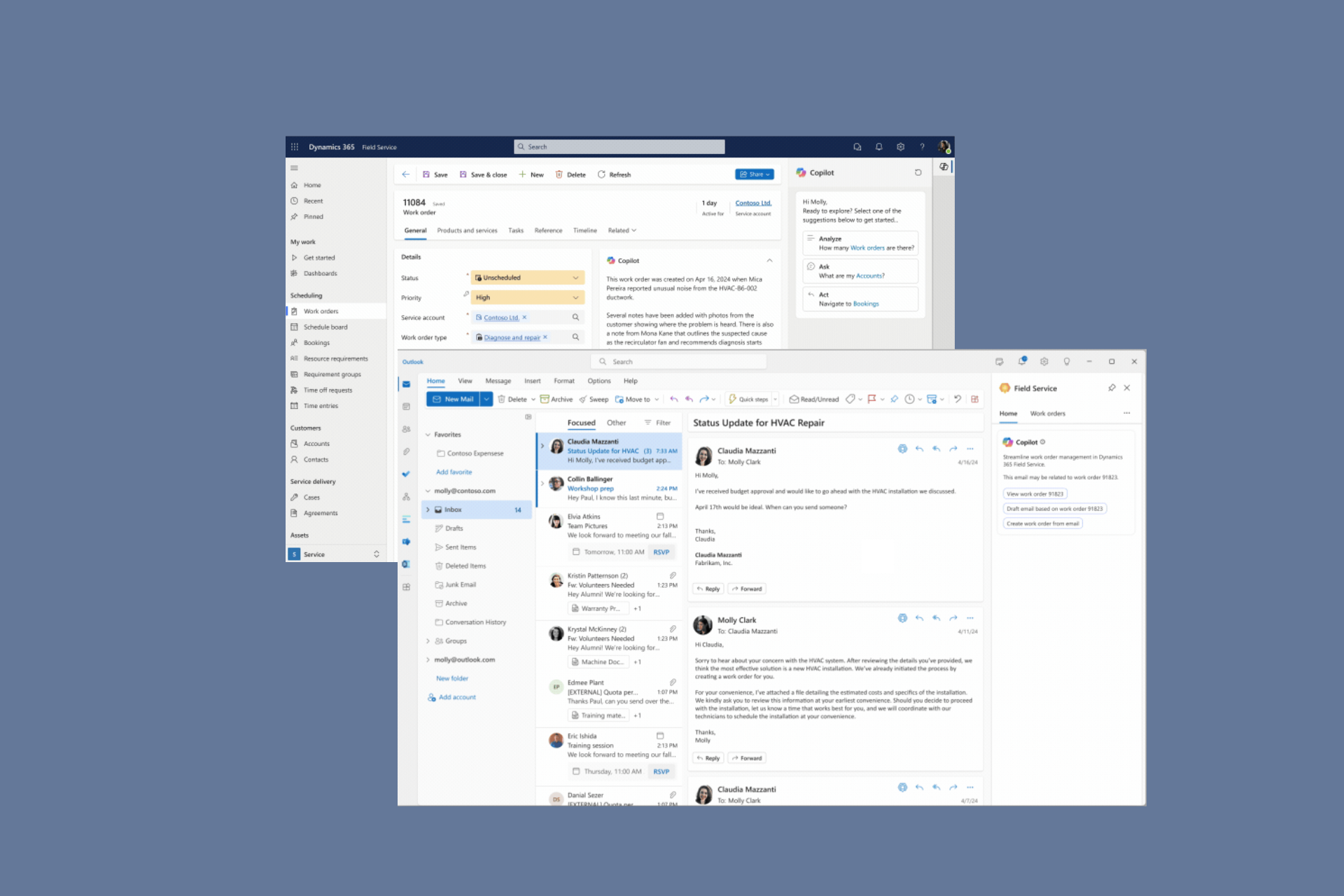Microsoft might restrict Bing's search data for competitors
Redmond said it could be a contract violation.
2 min. read
Published on
Read our disclosure page to find out how can you help Windows Report sustain the editorial team Read more
Key notes
- Microsoft warned other companies using Bing in a recent interview.
- Redmond prohibited Bing-powered engines from using it for their AI products.
- Furthermore, they also said that it could violate the contract.
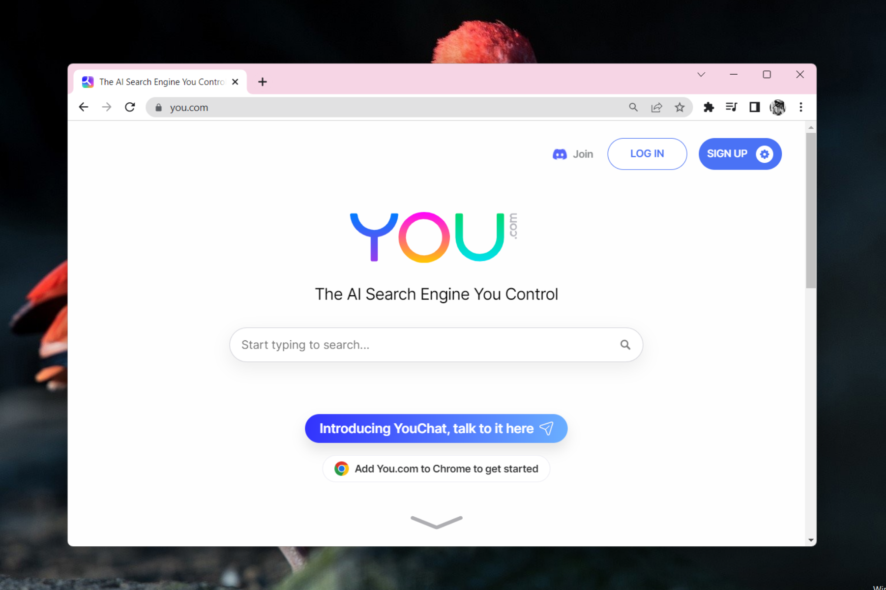
Microsoft is reportedly looking to warn tech companies who use Bing’s exclusive search index from using that data for their own AI products, sources told Bloomberg.
Other search engines such as DuckDuckGo, Yahoo, Neva, and AI-powered You.com have been licensed by Microsoft to use Bing. Some of them even get their results directly from Bing while others, like DuckDuckGo, combine the index with its web crawler.
Inside sources told the publication that two unnamed search engines have been using the company’s search index to support their AI-powered chatbots.
And, while they did not pinpoint anyone, keep in mind that DuckDuckGo’s DuckAssist was launched not too long ago. The tool can summarize lengthy threads from Wikipedia and other sources. And, just like Bing’s Chat mode, You.com and Neeva have released their very own similar features.
Moreover, the source also said that Microsoft believes this could be a contract violation, and agreements may be terminated if the situation persists.
What’s going on in this AI war between Google and Microsoft?
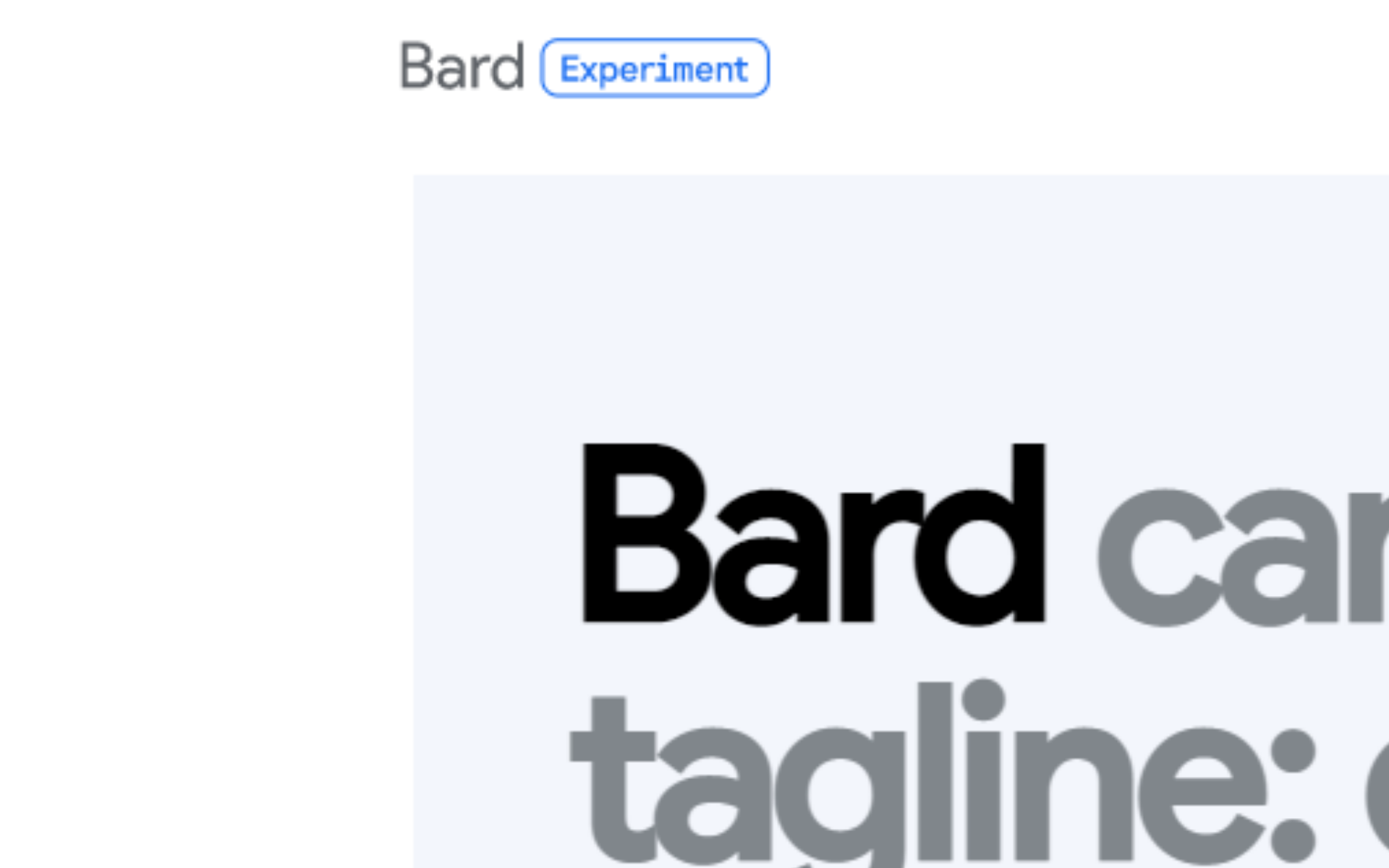
Microsoft has been moving quite fast in this AI competition, and its ambition to dethrone any attempt Google may have in the AI chatbot search engine market is quite strong.
The tech giant launched ChatGPT-powered Bing for Edge users, on both mobile and desktop, and integrated the hotly-anticipated GPT-4 into its Office 365 productivity apps as a Copilot.
On the other hand, Google is still testing out its Bard chatbot for several select users. Although it recently announced the same ‘copilot’ tool for its Workspace apps and plans to release speech-recognition AI that could understand over 100 world’s most spoken languages, they have a lot to catch up with Microsoft.
What do you think about this recent development? Let us know in the comments!

